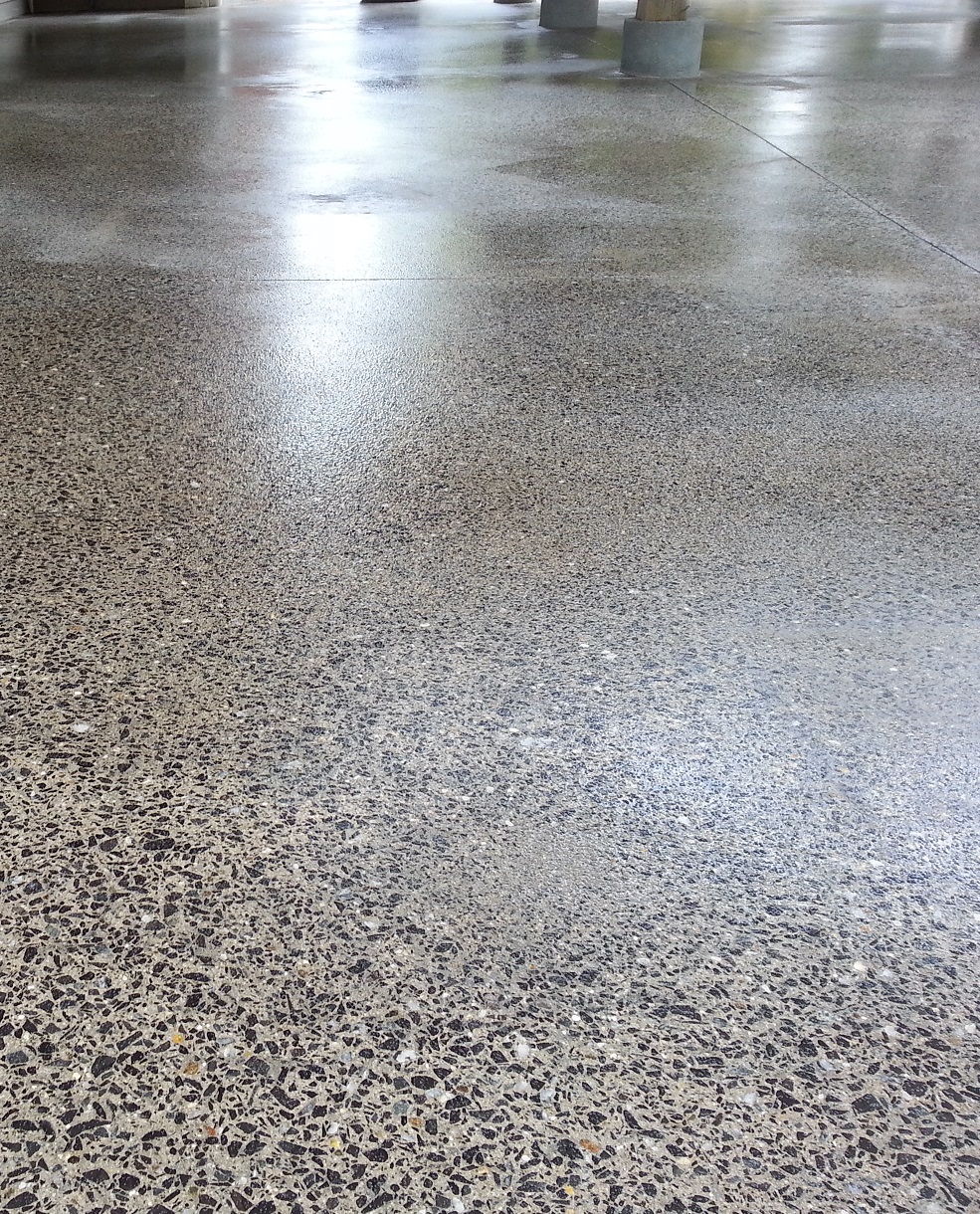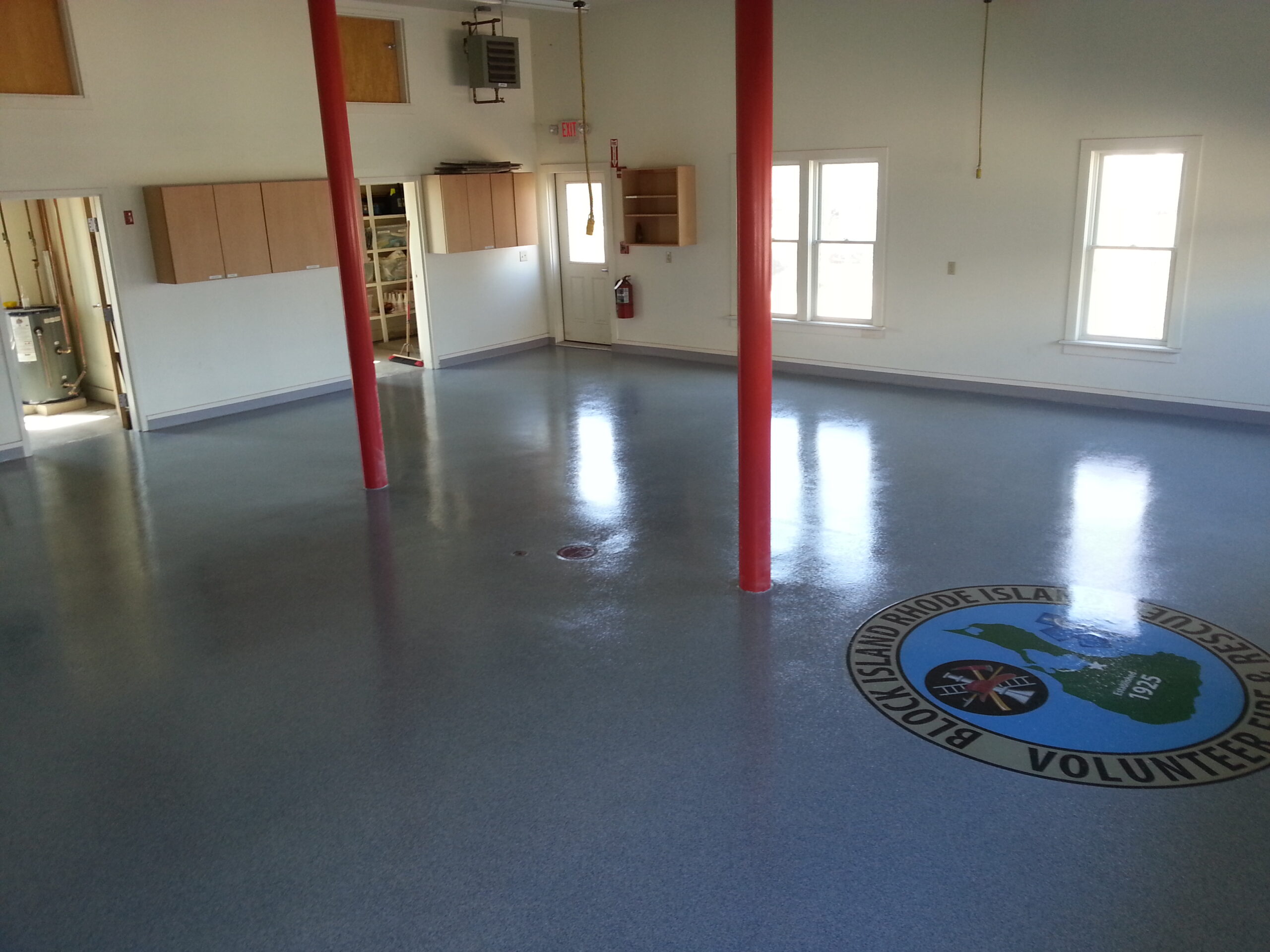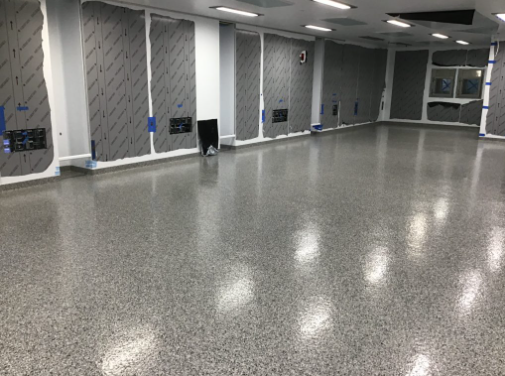Northeast’s leading seamless? Call Us Now 978-405-0017
Northeast’s leading seamless? Call Us Now 978-405-0017
Blog Posts
Every surface matters in a hospital, but few impact infection control as directly as the floor. High-traffic corridors, patient rooms,…
Continue Reading
Electrostatic discharge (ESD) is one of the most persistent and costly threats in cleanroom environments. A discharge as small as…
Continue Reading
Even the most efficient commercial operations can stumble without the right flooring. In food and beverage facilities, floors endure relentless…
Continue Reading
Polished concrete is a durable, low-maintenance flooring option that’s become a top choice for high-traffic environments like manufacturing facilities, production…
Continue Reading
Installing the wrong flooring solution can have long-term repercussions. And, with the abundance of options, it’s difficult to know which…
Continue Reading
When it comes to designing a commercial or industrial space, the type of flooring you choose can make a big…
Continue Reading
Yes, there really is a difference between epoxy and self-leveling epoxy. While both are ideal for performance in commercial and industrial…
Continue ReadingNewsLetter
Boston, Brookline, Worcester, Northborough, Springfield, Westfield, Chicopee, Waltham, Somerville, Revere, Lynn, Melrose, Canton, Westminster, Leominster, Lowell, Fitchburg, Wrentham, Cambridge, Woburn, Attleboro, Milford, Methuen, Malden, Milton, Arlington
Hartford, New Britain, New Haven, Stamford, Waterbury, Bridgeport, Norwalk, Norwich, New London, Middletown, Danbury, Milford, Fairfield
Manchester, Concord, Keene, Claremont, Nashua, Derry, Salem, Portsmouth
Bangor, Lewiston, Augusta, Caribou, Waterville, Portland, Brunswick
Burlington, Rutland, Brattleboro, Barre, Montpelier, Williston
Providence, Warwick, Newport, Bristol, Pawtucket, Block Island, Cranston